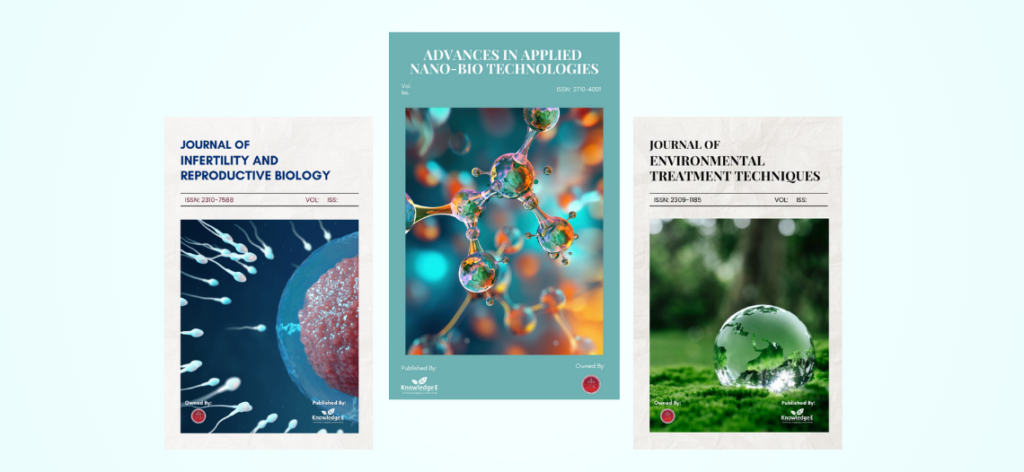
Unsurprisingly, perhaps, given I combine a mile-wide streak of pedantry with a PhD in English Literature, I adore a well-crafted and grammatically accurate piece of writing. Poorly written passages, strewn with errors, are the textual equivalent of screeching chalk on old-fashioned blackboards. It therefore seems fitting to use Grammar Day as an opportunity to celebrate grammatical accuracy, especially given the ways in which truncated social media communication styles and shifting pedagogical priorities are undermining the perceived value of well-written prose.
However, although the use of the Oxford comma and ‘logical punctuation’ are hills that I would voluntarily die upon, grammatical accuracy is not simply a matter of subjective personal preferences or a finicky attention to pointless and outdated detail. Grammar affects meaning. You’re probably familiar with the stock example of how punctuation radically impacts the interpretation of the sentence, which describes a panda’s activities in a restaurant:
- Eats, shoots, and leaves.
- Eats shoots, and leaves.
Or my personal favourite: “Woman without her man is nothing”. The choice of punctuation profoundly changes the meaning of the sentence:
- Woman, without her man, is nothing.
- Woman: without her, man is nothing.
Accurately conveying meaning is vitally important for any author, but it is particularly important for researchers. As a scholar or scientist, you could have completed a truly ground-breaking study but if the article about your findings is poorly written or your conclusions are unclear because of incorrect grammar and weak sentence structure, then the journal editor and peer reviewers will not be able to identify and understand the value of your research. The article might even be rejected!
At the same time, however, it is important to remember there is no ‘one size fits all’ approach to grammar. Each subject field has its own preferred formats, and many journals are very precise in their requirements. It therefore makes sense to identify exactly what editors want by carefully studying the journal’s Author Guidelines and Style Guide, and ensuring you conform to all the stated requirements. This will not only demonstrate you understand academic best practices but also enhance the credibility and clarity of your research.
I’m not saying your article would be rejected out of hand if you used American English spellings instead of British spellings, started sentences with conjunctions, or split your infinitives. However bad writing can weaken the perceived authority of a manuscript, undermining the author’s credibility and lessening the impact of the research. Moreover, it is worth remembering that most academic journal editors are not paid, and if your article represents hours of additional copyediting then it might well be less appealing than an equally strong article that conforms to the journal’s stylistic policies.
If you are worried about your ability to ensure grammatical accuracy or don’t have time to format your article for a different journal – we can help!
We offer a range of Author Support services, including essential editing to match your article to a journal’s style, advanced editing to polish sentence structures and strengthen the clarity of your argument, and reference formatting to help you save time and move on to your next project.
To learn more about how we can help you unlock the full value of your research and maximise your publication opportunities,
visit our Author Support Services platform now!

Tips for Publishing Literature Articles




